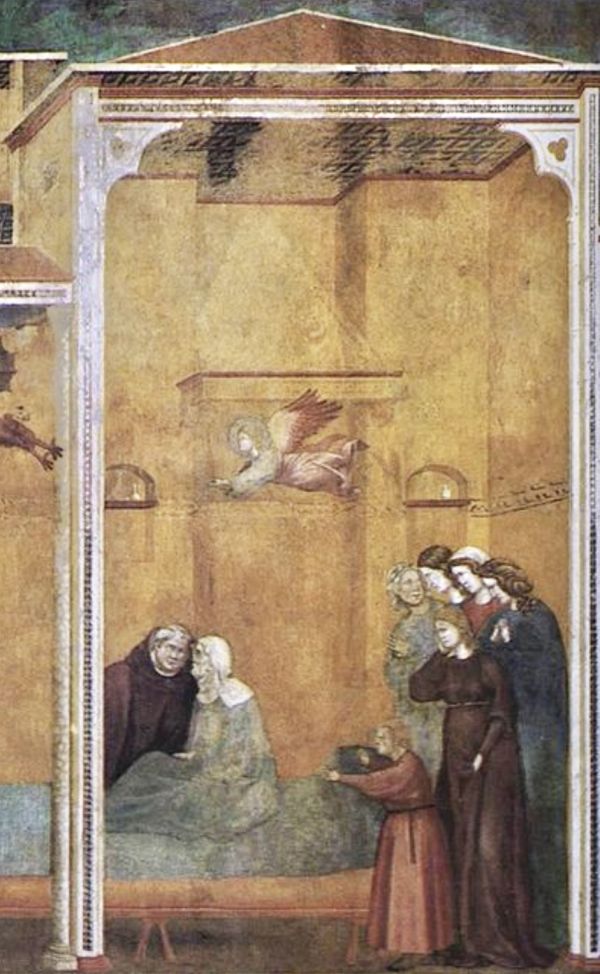Healing in personal Faith
(Mt 9:18-26)
In the communities of Mt, converted Jews were accused (by the ancient religion’s proponents) of being perjured of fathers’ customs, and of the great Moses’ Tradition. No longer «sons of the precept».
On the other hand, there was no lack of faithful preachers who announced to them that they were not «fall asleep» of the Law (v.24), but the only awake, living persons of its Spirit (vv.25-26). The real grown-ups.
In the Gospel passage the icons of this teaching are drawn from what believers in Christ were experiencing before their eyes. In particular: how should contain oneself when the "different" was knocking on the front door of the house and assemblies?
According to the beliefs of the ancient East, blood and death were icons of impurity and factors of social exclusion. The removal from the community [synagogue of the healthy and pure] was a religious obligation.
And those who were deemed to be affected by even physical imperfection could not approach the threshold of assemblies, of respectable families, or civil life - nor even those who had any relationship with them.
But how does God behave with those who are in needs? Does He prioritize prescribed duties, procedures, purification rites? Does it really humiliate the needy of understanding? And with a whole long line of disciplines, penances or public checks?
No, the Lord heals us by personal Faith. Thus He annihilates the power of death and the obsessive control of the elders of the Temple - legalists, in all other commitments and calculations busy.
With His shocking proposal Jesus cures the mortal disease of the whole people: both the spiritual «daughter» of the leaders [for this reason, ‘nation’ already perished at the beginning] and those considered unclean.
All still (if you want) «adolescents» of religiosity, that is, unable to a full life, or never becomed autonomous, albeit on the threshold of being able to be.
In the moment of ‘healing’ the «crowd» and the apostles - if ineffective and deviant - must disappear: only Faith applies (v.22), that is, the you-for-you with the Christ, who brings God among men and us in the heart of the Father.
For this reason it’s licit to leave out prescriptions and surprise Him on personal initiative (vv.20-21) - while according to the official teachers Jesus should look and go elsewhere (v.22).
Only by unrepeatable Faith - personal and without torments - do we become «sons» (v.22) that is, pure members of the authentic Church which unites the creature to the Creator - incessantly triggering a subsequent renewal and further different Genesises, gradually strengthened.
Thanks to Faith, friendship that has a Vision, true ‘adults’ overcome the blurred thoughts, the summary and stagnant gestures of the discounted chains. They do it in an immediate, uninterrupted, growing way.
Here our belief becomes the Way not numb, and Rebirth. Image inside that grasps new possibilities in the world and in the Person of Christ.
Fresh and intense confidence, instead of disappointment. Magnet of what is hoped for.
[Monday 14th wk. in O.T. July 8, 2024]












